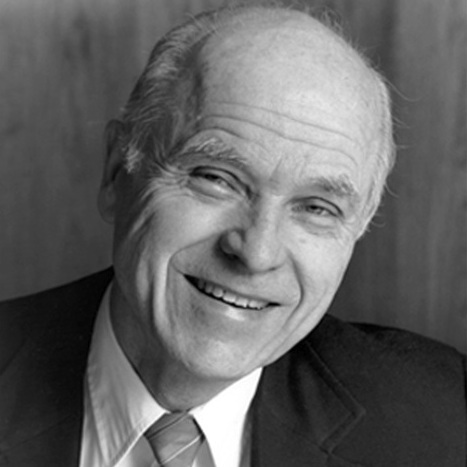Editorial Comment

Okay, nomads to the rescue! They are forcing us back to the Bible. How Christian faith can be meaningful to them is how our faith can become more meaningful to us.
Your church may be able to gain a great deal of new vitality from a strange place—the nomads. How? Simply by drinking in some of the insight which pops out of the puzzling missionary challenge of outreach to nomads.
Nomads come in many radically different flavors. But they are all coherent populations which don’t have fixed residence, which don’t stay put. For that very reason missions have found it difficult to “plant churches” among such moving targets.
Obviously, missionaries can’t run after nomads and construct a new church building every time they pull up stakes and seek new pastures to feed their flocks. But nomads do have extended families.
Amazingly, serious consideration of populations that don’t stay put immediately forces us to the New Testament to rediscover what a “church in your house” back then actually was. There we find, on second glance, a worshipping household, an extended-family-based unit of accountability and faith.
We can marvel that in the New Testament spiritual accountability and worship take place primarily at the family level, as with Cornelius’ household, Lydia’s household and Crispus’ household. And we note that these household fellowships are referred to as ecclesias.
However, our modern translations make the huge mistake of translating the word ecclesia as church.
Yet, the only “church” buildings in the New Testament were Jewish synagogues, whose membership was composed of a minimum of ten extended families, and whose family elders then led the synagogue. Those ancient synagogues were a bit more like what we call “church” today, except that today we do not pay that much attention to family structure.
Something is curious and, in fact, ominous. I was born into a devout, Evangelical family. I have attended Evangelical churches all my long life. But I have never heard a sermon suggesting a weekly, home, family worship service—either how to have one, or why to have one.
Yet in the New Testament the most basic unit was apparently the household fellowship. Many current books tell us this. See the superb new book, Houses that Change the World by Wolfgang Simson, which you can get by calling 1-800-MISSION, or The Church Comes Home, by Robert J. Banks, or Del Birkey’s The House Church: A Model for Renewing the Church. (You can get the latter two from http://www.amazon.com)
.Probably the largest church in the world is the one in Korea with 800,000 members. Sure, with 21 auditoriums and services all day Saturday and Sunday they really do pack them all in. But the reality is that behind this weekend extravaganza are 52,000 neighborhood accountability groups! And that is where the rubber meets the road.
Again, the majority of Bible believers in China are within the huge and growing house church movement, not the 15,000 standard churches. In India, reports indicate that household-based units among caste Hindus encompass millions of Bible believers.
Thus, whether a society is nomadic or not, the real ecclesia, then, is the face-to-face fellowship involving accountability among extended family or close neighbor relations.
This is exactly what outreach to nomads provides. And what it requires. Nomadic societies are not the strange ones in this sense. The American society is the strange one, with “churches” which are far removed from the Biblical reality, often no more than a tenuous gathering up of fragments of real families, often a relatively thin and merely formal relation between people who do not usually see each other except on Sunday.
Thus, I can hope that as you read through this issue of Mission Frontiers you will not only see the immediate challenge of nomads—which is one of the major challenges in mission circles today—but that you will be able to look with new eyes at the church life you are experiencing. Colossal changes in American life would be necessary, however, if multigenerational families were to reappear.
A recent story in Newsweek (March 22) speaks of “Adultolescents” who have gotten through college and return to live at home as though this were something bizarre and questionable. It does seem to violate the American “family fly apart” pattern. This, more than anything else, explains the adjustments churches have made in appealing to the resulting family fragments which huddle together in the artificial family the local church often turns out to be.
Okay, nomads to the rescue! They are forcing us back to the Bible. How Christian faith can be meaningful to them is how our faith can become more meaningful to us.








comments